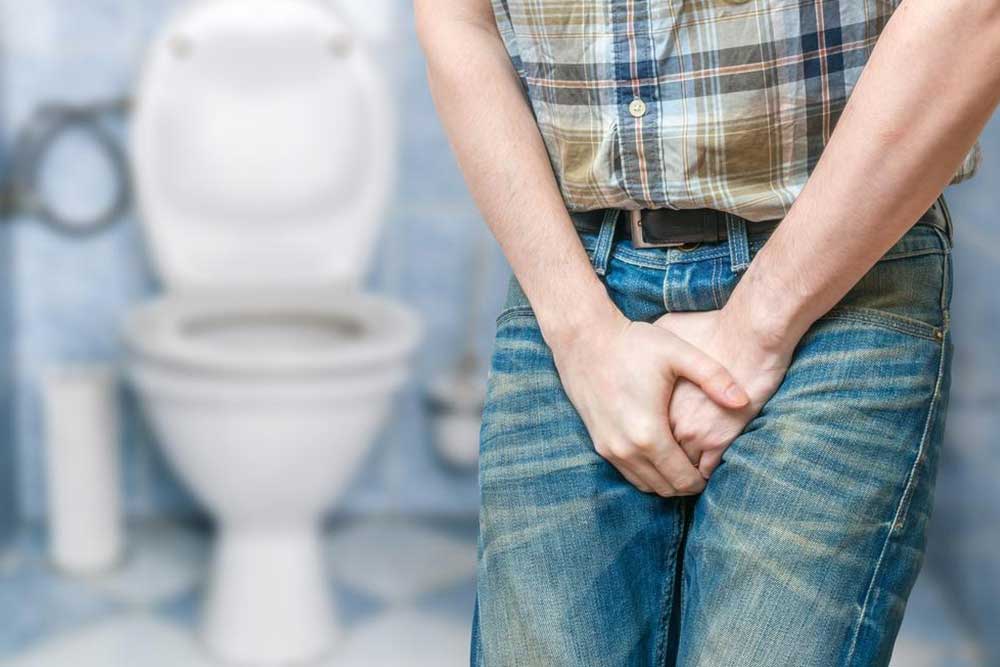Understanding Benign Prostatic Hyperplasia: Causes, Symptoms, and Risks
This article explores benign prostatic hyperplasia (BPH), detailing its causes, symptoms, and potential complications. Learn how prostate enlargement affects urinary health and when to seek medical help to prevent serious health issues like infections and kidney damage. Understand the importance of early diagnosis and treatment options for improving quality of life.

Understanding Benign Prostatic Hyperplasia: Causes, Symptoms, and Risks
Benign prostatic hyperplasia (BPH), commonly known as an enlarged prostate, is a non-cancerous growth of the prostate gland. This condition can significantly disrupt urinary function in men. Although the exact cause remains unclear, BPH is generally linked to aging, hormonal changes, and cellular growth alterations.
What causes BPH?
It involves the increase in size of prostatic epithelial and stromal tissues, leading to the development of sizable nodules within the prostate's transitional zone.
As these nodules grow, they encroach upon the urethra, narrowing the passage and increasing urinary resistance. This results in the bladder working harder to expel urine, which may cause bladder muscle enlargement or weakness. If untreated, BPH can lead to complications like bladder stones, recurrent infections, or kidney issues, including potential failure.
Symptoms associated with prostate enlargement include:
Difficulty fully emptying the bladder
Frequent urination, especially at night
Straining to start or stop urination
Weak urine flow
Persistent sensation of incomplete bladder emptying
While mild symptoms might not require immediate treatment, severe cases can cause complete urinary blockage, leading to urinary retention, infections, or kidney damage.Potential complications include acute urinary retention, characterized by sudden inability to urinate, swelling, severe abdominal pain, and urgency. Immediate medical attention is crucial. Urinary tract infections are also common in men over 50, presenting signs such as urgent and frequent urination, cloudy or foul-smelling urine, and discomfort during urination. Prompt treatment with antibiotics is recommended.
Important Notice:
Our blog provides helpful insights across various health topics. While we aim to offer accurate information, readers should consult healthcare professionals for diagnoses and treatment options. The content is for informational purposes and does not replace professional medical advice. The site is not responsible for discrepancies or specific medical outcomes.










